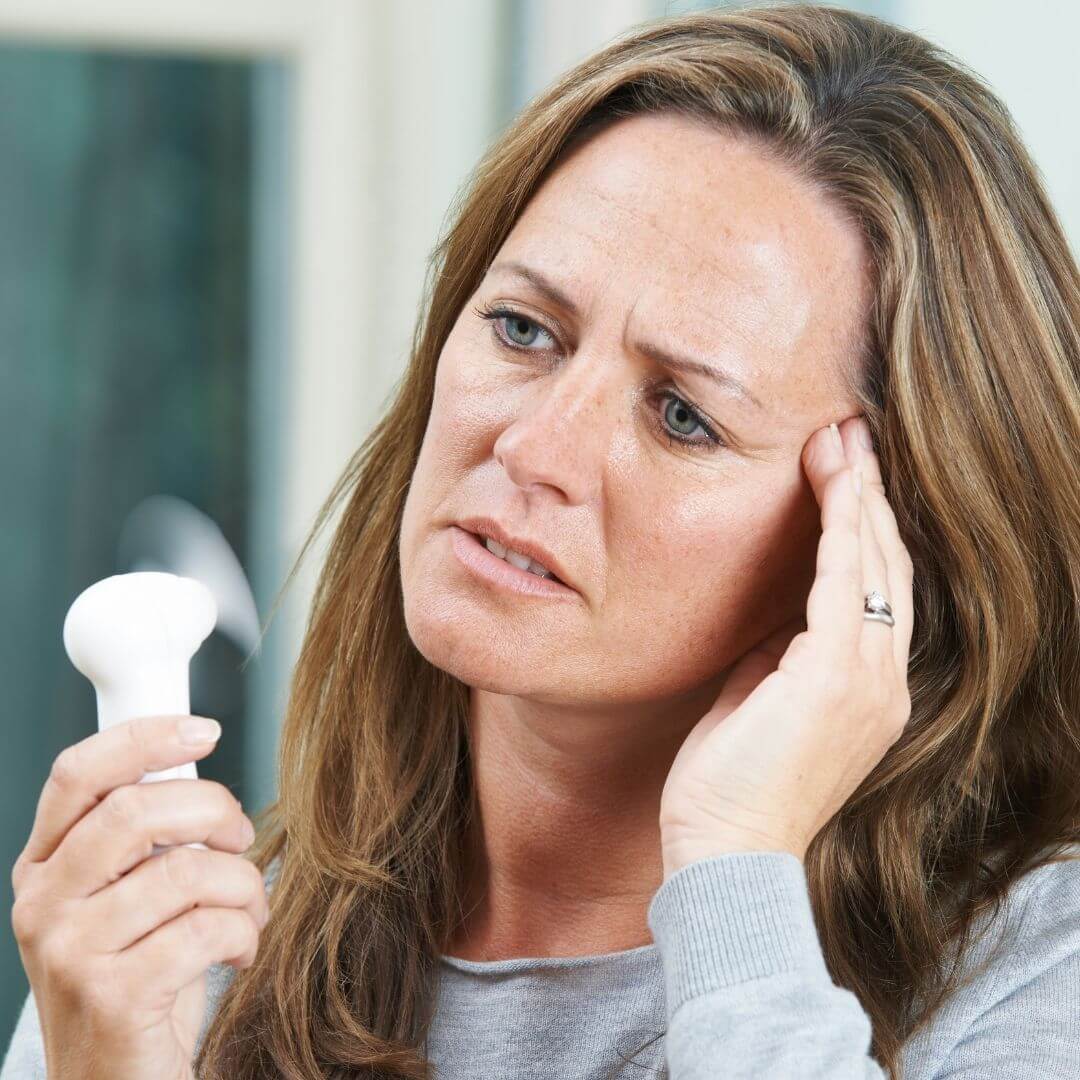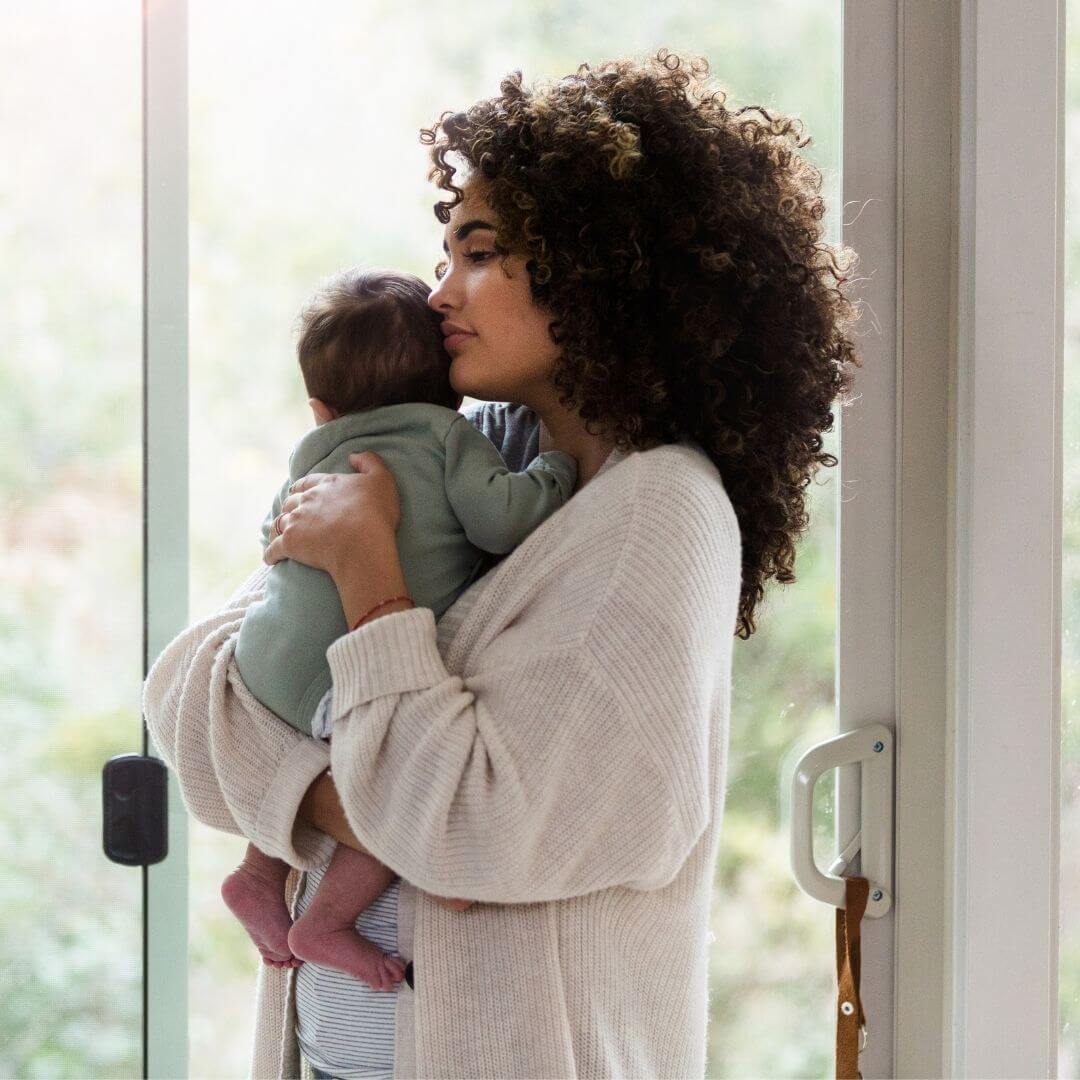It's normal to experience some degree of hair loss as you age, and for many women undergoing menopause, postpartum recovery, or stress, it can present a unique challenge. While losing your hair can be difficult psychologically and appearance-wise, the most immediate concern is usually understanding why it is happening. If chemotherapy is the cause of your hair loss, that introduces further questions about side effects and how best to care for yourself during this time. So whether you’re recently diagnosed with cancer or are helping a loved one through chemotherapy treatment―we’re here to help understand what causes this type of hair loss and what self-care options should be prioritized. Read on for practical advice!
I. The Science of Hair Loss in Chemotherapy

Hair loss is a common and distressing side effect of chemotherapy. Its onset can be sudden and difficult to predict, and often affects the patient's self-image and quality of life. But why does chemotherapy cause hair loss? The answer lies in the mechanism of action of chemotherapy drugs, which target rapidly dividing cells, including the ones in hair follicles. This causes hair to enter a resting phase and eventually fall out, sometimes even within days of the first treatment. While not all chemotherapy drugs cause hair loss, and not all patients experience it to the same extent, understanding the science behind this phenomenon can help patients and healthcare providers prepare and manage its impact.
a. How Chemotherapy Affects Hair Follicles
For many cancer patients, chemotherapy is a powerful and often necessary treatment option. But unfortunately, one of the side effects of chemotherapy is that it can cause hair loss. This is because chemotherapy targets rapidly dividing cells, which includes the cells in hair follicles. When these cells are destroyed, it can result in hair loss all over the body. It's a difficult and emotionally challenging side effect for many patients to manage, but thankfully there are now options available to help minimize hair loss during treatment. With the right support and care, patients can hopefully focus on their treatment and recovery without feeling too self-conscious about their appearance.
b. Understanding the Timing of Hair Loss in Treatment
The timing of hair loss in treatment can be a daunting experience for many individuals. It's important to understand that hair loss can occur at different stages of treatment, depending on the type of treatment you're receiving. Chemotherapy, for example, is notorious for causing hair loss a few weeks into the treatment cycle, while radiation therapy can cause hair loss a few weeks after treatment has started. It's important to talk to your healthcare provider about the potential side effects of your particular treatment plan. While hair loss can be a difficult side effect to cope with, there are many resources available that can help you maintain a healthy self-image during this difficult time.
c. Variations in Hair Loss Severity
Hair loss is a common side effect of chemotherapy, but did you know that the severity of hair loss can vary from person to person? Some individuals may experience only minimal hair thinning, while others may lose all of their hair. The severity of hair loss is often dependent on the type and dosage of chemotherapy medication being used. However, other factors such as age, overall health, and genetics can also play a role. Despite the variations in hair loss severity, it is important to remember that hair loss is temporary and that there are options available to manage it, such as wearing wigs or scarves. It is also important to focus on taking care of oneself both physically and emotionally during chemotherapy.
II. Coping with Hair Loss during Chemotherapy
For individuals undergoing chemotherapy, hair loss can be a physically and emotionally challenging experience. While there's no way to completely avoid hair loss during chemotherapy, there are ways to help cope with it. One important step is to talk to your doctor about what to expect and how to manage the process. They may recommend seeing a dermatologist or providing you with a list of recommended hair care products. You may also want to consider trying different head coverings, such as scarves or hats. Personal care is another important aspect of coping with hair loss during chemotherapy. Taking care of yourself by eating well, exercising, and practicing relaxation techniques can help you stay positive and feel your best. Remember, hair loss is temporary, and after treatment, your hair will grow back.
a. Embracing the Emotional Impact
Life can be tough, and it's understandable that we may face a range of emotions along the way. Instead of suppressing them, we should learn to embrace the emotional impact of our experiences. Whether it's happiness, sadness, anger or fear, every emotion has a purpose and deserves to be acknowledged and expressed in a healthy way. By doing so, we can gain a deeper understanding of ourselves and our needs, ultimately leading to personal growth and resilience. It's important to remember that we are human and it's okay to feel. We don't need to put on a brave face or bottle up our emotions. Let's take a step back and explore what we are feeling, learn from it, and move forward with a greater sense of self-awareness.
b. Exploring Wig Options and Alternatives
Wigs have been a popular option for those who want to switch up their hairstyle without making a permanent change. However, not everyone wants to wear a traditional wig. That's where exploring wig options and alternatives comes into play. From clip-in hair extensions to partial wigs, there are many alternatives that allow for a more natural look and feel. Choosing the right alternative depends on individual preferences and needs. With so many options available, it's easy to find an alternative that suits any style or occasion. Whether it's for a special event or just a day-to-day change, exploring wig options and alternatives can provide endless possibilities for a new look.
c. Connecting with Support Groups
Facing a cancer diagnosis and undergoing chemotherapy can be a challenging and isolating experience. That's where support groups come in. Connecting with a support group can help you feel less alone and provide a much-needed space to share your feelings with others who understand what you're going through. Whether it's in person or online, support groups can offer emotional support, practical advice, and a sense of camaraderie that can be difficult to find elsewhere. Research shows that participating in support groups can even improve outcomes for patients undergoing cancer treatment. If you're undergoing chemo, considering joining a support group could be one of the best decisions you make on your journey towards recovery.
III. Empowering Methods to Manage Hair Loss

Hair loss is a common issue faced by many individuals, regardless of age or gender. While it can be distressing to notice a significant loss of hair, there are various empowering methods available to manage this concern. One of the most effective approaches is to adopt a healthy lifestyle by maintaining a nutritious diet, getting sufficient sleep, and engaging in regular physical activity. Additionally, there are several hair care products and treatments that can help prevent hair loss and promote hair growth. These may include scalp massages, hair masks, and using gentle hair products that do not contain harsh chemicals. By incorporating these empowering methods into your daily routine, you can take control of your hair loss and achieve healthier, fuller-looking hair.
a. Scalp Care during Chemotherapy
Chemotherapy can affect your scalp, causing hair loss and dryness. It is important to take care of your scalp during this time, and using hair supplements can provide the nutrients your hair needs to stay healthy. When choosing products, look for ones that are paraben-free and made with organic ingredients. A gentle shampoo and conditioner can help to keep your scalp moisturized and free from irritation. By taking care of your scalp during chemotherapy, you can improve the health of your hair and feel more confident during a difficult time.
b. Nutritional Support for Hair Health
Hair is often considered one of our most iconic features, making it no surprise that many people go to great lengths to keep their locks healthy and luscious. One way to promote hair health is through proper nutrition, specifically taking hair supplements. There are a variety of supplements on the market that are specifically formulated to support healthy hair growth and strength. These supplements are typically packed with vitamins and minerals that are essential for overall health, such as biotin, vitamin C, and iron. By incorporating hair supplements into your daily routine, you may notice a significant improvement in the quality and appearance of your hair. Don't be surprised if you start getting compliments left and right on your newfound locks!
c. Hair Regrowth After Chemotherapy: What to Expect
Hair regrowth after chemotherapy can be a meaningful step in the recovery process. It's important to remember that hair growth varies from person to person and can take time. Typically, hair growth after chemotherapy begins two to three months after treatment ends. It may start as thin, fuzzy hair and eventually grow into thicker and more resilient locks. While there is no miracle cure for hair regrowth, some people have had success with hair supplements. However, it's always best to consult with a medical professional before starting any hair supplement regimen. Overall, be patient and kind to yourself as you embark on this journey towards regrowth.
Altogether, hair loss during chemotherapy can be overwhelming and disheartening. But there are ways to cope and strategies to implement that make this time easier. If you or someone you know is facing treatment-related hair loss, remember that by nurturing yourself with quality care, seeking support from friends and family, and staying connected with reliable resources, the emotional journey of hair loss can be supported. In addition, understanding the science of hair loss gives insight into what to expect. Once your treatment is complete, be mindful of scalp care practices and focus on nutrition for regrowth. Finally, have confidence that when you come out on the other side of chemotherapy you will not only feel empowered but also look in the mirror with pride! After all, your strength runs deeper than just growing strong hair. So take some time today to reflect on how far you’ve come and celebrate every little success along the way-- no matter how small!













